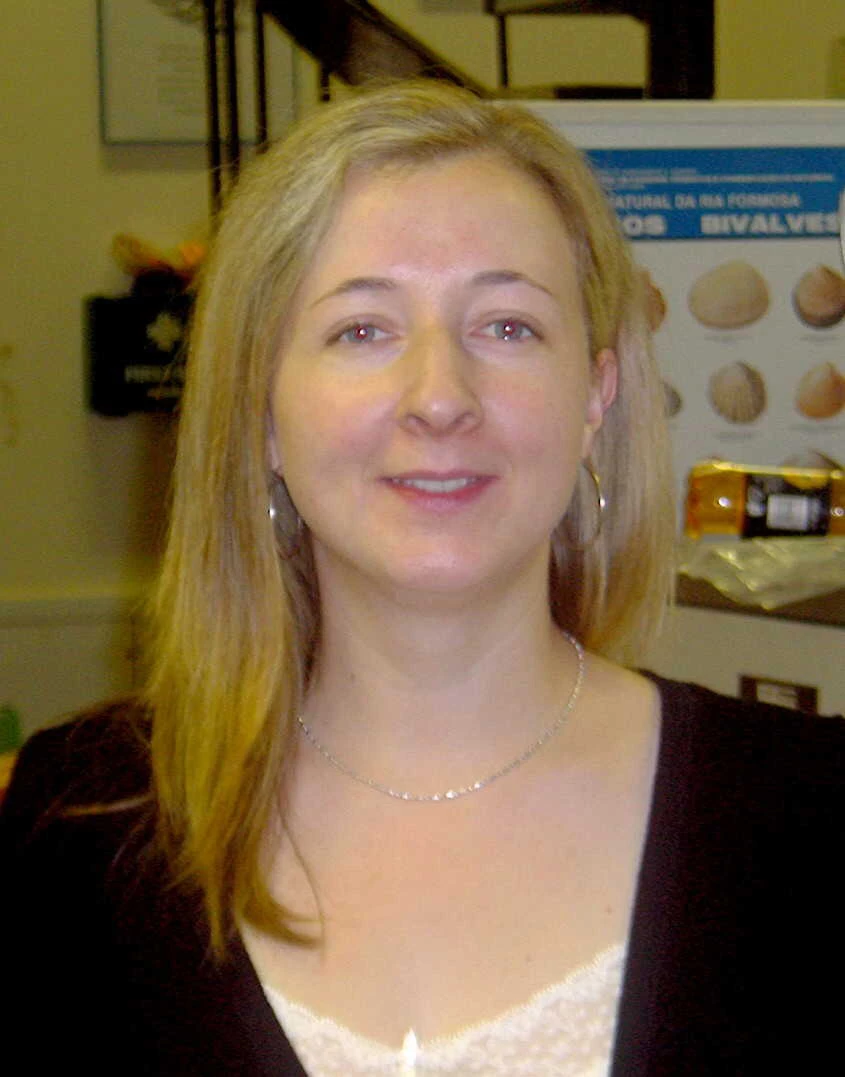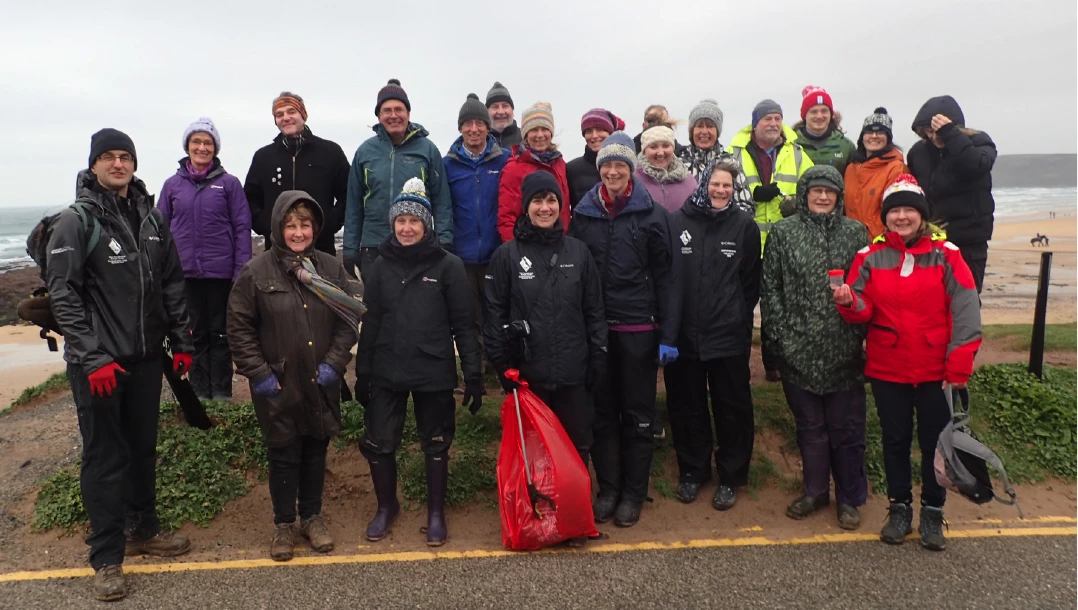Rafting bivalves - The Citizen science project
, 5 May 2020
In my previous blog I explained what rafting bivalve shells are and how Caribbean bivalves are ending up on British and Irish shores attached to plastics. There are numerous records of non-native bivalves on plastics in the southwest of Ireland and England but nothing has yet been reported in Wales, which is something that I’m trying to rectify. To encourage recording I’m enlisting citizen scientists – volunteers from the general public – who can help to spot and identify these rafting species in Wales. But first of all, I want to check to see if there are rafting species turning up on our shores so I began talking to groups who already go out on the shores to survey, beach clean or educate.
Presenting the rafting project at the annual Porcupine Marine Natural History Society Conference at SAMS (Scottish Association for Marine Science).
In December 2019 I met with a fantastic group of people at PLANED in Narbeth. PLANED have excellent coastal community links and everyone I spoke to was enthusiastic and willing to incorporate the rafting bivalves project into their usual activities of beach cleans, foraging, outdoor activities or education. They were keen to help record any rafting species that they discover and we talked about how to identify any bivalves found. Since then I have been working on an identification guide that I plan to develop with the help of these community groups.
Pembrokeshire National Parks staff and volunteers looking for plastics at Freshwater West beach
Pembrokeshire National Parks staff and volunteers looking for plastics at Freshwater West beach
Pembrokeshire National Parks staff and volunteers looking for plastics at Freshwater West beach
In early March two colleagues and I attended the annual Porcupine Marine Natural History Society’s
Presenting the rafting project at the annual Porcupine Marine Natural History Society Conference at SAMS (Scottish Association for Marine Science).
Presenting the rafting project at the annual Porcupine Marine Natural History Society Conference at SAMS (Scottish Association for Marine Science).
Presenting the rafting project at the annual Porcupine Marine Natural History Society Conference at SAMS (Scottish Association for Marine Science).
If you would like to help record non-native bivalves on plastics on Welsh beaches then do contact me at Anna.Holmes@museumwales.ac.uk


